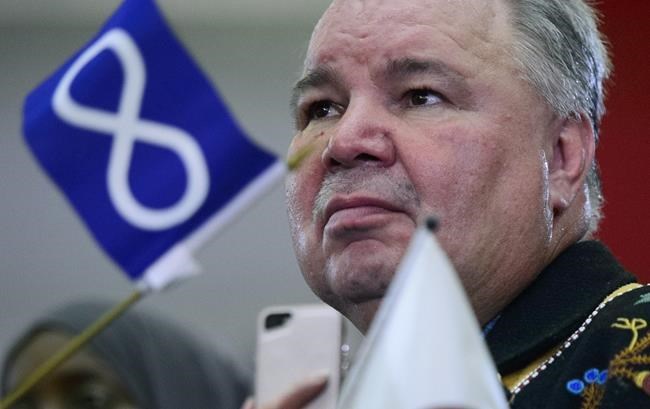Marc Spooner

With last week’s second reading of Bill 61, The Post-Secondary Education and Skills Training Act, 2021, it appears Saskatchewan takes a step closer to performance-based funding for universities by laying all the necessary groundwork for its seamless future implementation.
Bill 61 wrests much of the accounting and financial responsibility away from the university and places that authority into the hands of the minister complete with the power to make funding contingent on performance against a select group of indicators.
Here it is of grave concern to all of Saskatchewan that we do not mirror the mistakes Ontario and Alberta have made in adopting such a misguided post-secondary funding model.
Provincial governments from across Canada, starting with Ontario and Alberta, have been surreptitiously reprogramming and repurposing their universities toward a sharply more narrow meaning of “performance” based on labour-market, industry and economic outcomes. For example, included among the 10 indicators Ontario has implemented are “Graduate employment earnings,” “Graduate employment rate in a related field,” and “Research funding from industry sources.” Alberta has previously stated it intends on using similar indicators, but has not officially announced the final set of metrics it will employ. Now, it looks like Manitoba is set to follow suit while New Brunswick and Quebec are openly musing doing the same.
To some, this may all sound well and good — I mean, who is against performance? — but given the clear evidence, it is difficult to see the most profound policy changes to the postsecondary sector in decades as anything but ideologically based attempts to redesign the fundamental mission of our universities. The metrics coerce universities away from fostering critical, creative and well-rounded citizens — while performing research in the public interest — and instead toward drastically retooled, narrowly conceived “outcomes” focused on serving the current labour market and performing corporate-styled research and development. In this struggle, what is at stake is nothing less than the heart and soul of our universities. And as our democracy is revealed as increasingly fragile, these citizenship skills and habits of mind become all the more crucial and urgent to foster.
The rationale for using current labour-market realities to direct future postsecondary education funding is dubious at best. A case in point is Alberta’s optimistic investment in petroleum engineers 10 years ago and the reality of the job market those graduates now face. In a similar vein, 10 years ago few predicted the mushrooming demand for social media managers, engineers specializing in sustainability and, as my attention turns to headlines, I feel compelled to add epidemiologists.
That being said, what will be of no surprise to any observer is that the nature of work is changing, as highlighted by the federal government’s 2017 Expert Panel on Youth Employment. We are shifting away from manufacturing to service and knowledge economies with a greater emphasis on problem-solving, communication, interpersonal skills and critical-thinking expertise. The report concludes, perhaps obviously, that “the world of work is transforming rapidly” and that the key to navigating such a future is to remain flexible and fluid. It goes on to state, “Some of the next job opportunities may not even exist today.”
The 2017 expert panel’s findings are further supported by a recent Conference Board of Canada report that identified a growing need for employees with, among others, active listening, critical thinking and reading and speaking proficiencies.
It’s precisely in the fields of thinking and people skills where universities excel, with the main benefit being that such skills are portable and may be applied in many different and ever-changing and evolving contexts. They are flexible and global, rather than overly narrow and context-specific.
Let’s not rob our youth of options and choice of program of study. Nor should governments be judging or devaluing such decisions when students choose lower-paying careers that they find to be more meaningful and fulfilling — especially when many of these professions are vitally important to the health of our communities and society. Moreover, given that students are increasingly asked to shoulder a greater percentage of the cost of their degree programs, tackling the growing cost of tuition would seem a much more useful direction for a policy reboot to take. This is not to suggest that students shouldn’t be presented with accurate employment and income data for each program so they may make informed choices, but to judge or punish them or universities for a fluctuating job market over which they have little control, is plainly wrong.
Universities must continue to be valued and upheld for their core missions, which go well-beyond serving as entrepreneurial training centres existing solely to meet industry and labour needs. Rather universities must continue to be valued for their important role in fostering the development of critical and creative graduates capable of fully participating in both our modern economies and our democracies.
Marc Spooner is a professor in the Faculty of Education at the University of Regina.










